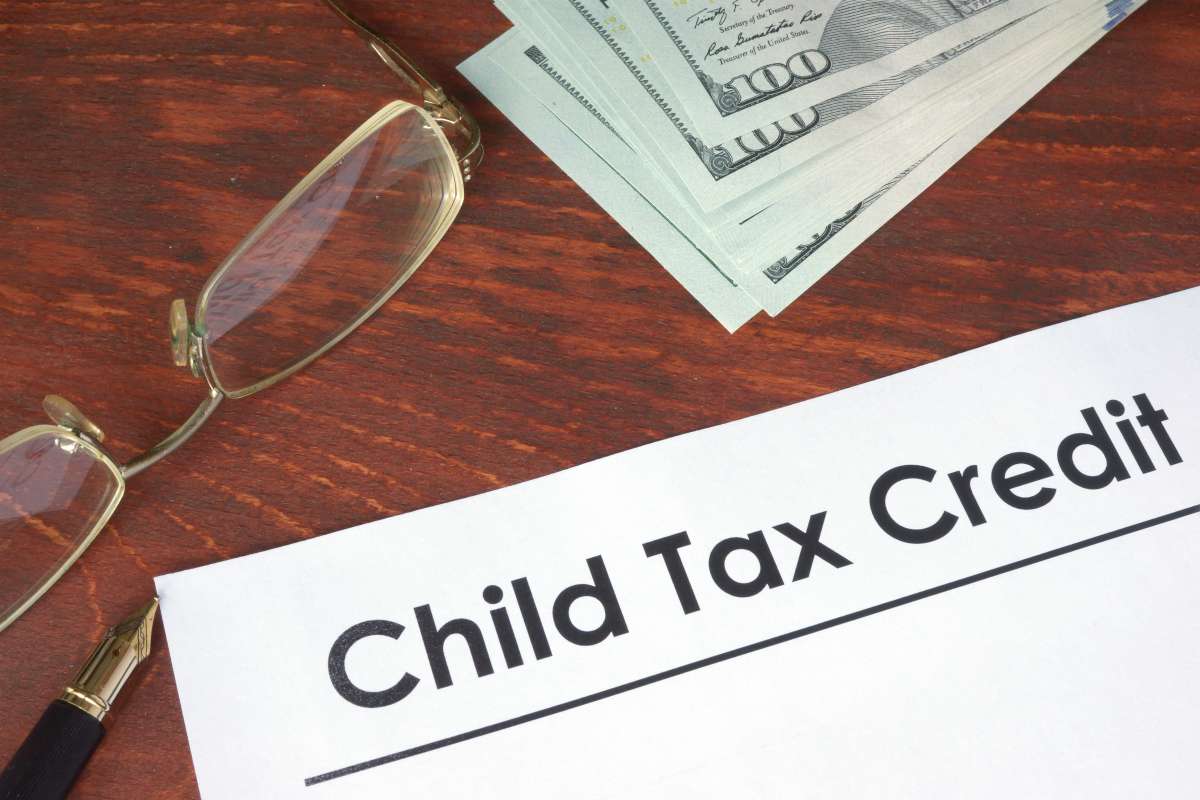Tax extenders play a significant role in tax planning and budgeting so don’t miss out on their benefits.
The Implications of Tax Extenders | Things You Need to Know
What Are Tax Extenders?
A set of temporary tax breaks often renewed by the Congress are known as tax extenders. Most, if not all, of these tax breaks gains extension on succeeding taxable years. This often makes tax planning and budgeting more complex. A list of tax extenders is often extended to boost a weak economy during a recession, provide solutions for a market mortgage collapse, and attract more business investments. The majority of these tax breaks benefits large companies, but some of these extenders also benefit homeowners who have a greater amount of loans than their home’s net worth.
Also known as expiring provisions, tax extenders remain temporary until lawmakers decide to make them permanent. Some of these tax rules are especially useful but becomes less effective when made permanent. Making them temporary gives the Congress time to review the effectiveness of each tax provision.
2015 Tax Extender Provisions
In December 2015, the U.S. Congress and lawmakers passed the Protecting American from Tax Hikes Act of 2015, more popularly known as Tax Extenders Package. This act was a great help among thousands of taxpayers in lowering their tax bills. Some provisions on this act also focus on making a set of tax extenders become permanent. Some of these provisions include the following:
- Increased Expensing Limitations and Treatment of Certain Real Property as Section 179 Property
- 15-Year Straight-Line Cost Recovery for Business Improvements
- Research Credit
- Reduction in S Corporations Recognition Period
- Child Tax Credit
- American Opportunity Tax Credit
- Earned Income Tax Credit
Some of these tax provisions previously got renewed several times, so this act provides better security for most U.S. taxpayers. While a great number of temporary tax provisions remain, this act is certainly a great tax relief for many families and businesses.
Expiring Tax Provisions
Several other tax rules were extended and scheduled to expire on a two or five-year term. With some of the tax provisions made permanently extended, there is a great pressure on whether to renew other tax rules which are about to expire. Some of those tax provisions extended include Work Opportunity Tax Credit, New Markets Tax Credit, and Bonus Depreciation which gains extension through 2019.
Policy and Budget Implications
There are several good reasons why Congress makes each of these tax extenders temporary. And while they continually work towards the extension of these provisions, these tax rules distort economic activities. Additionally, these tax provisions require diversion of government revenue or increasing budgets to sustain an extended tax break.
The expiration of a certain tax extender often creates a budget snap which The Congressional Budget Office (CBO) must worry about. They need to meet the rules of law governing the congressional budget procedures.
These tax provisions open great opportunities for some individuals and business owners. It is a great form of tax relief and keeping yourself in the know of these tax rules may as well save you some on those tax bills. Make sure to stay updated and don’t forget to do your research.
Do you think these tax provisions bring benefit to you or your business? Share your thoughts with us in the comments section below.
Up Next: Penalty For Late Taxes | Everything You Need To Know


